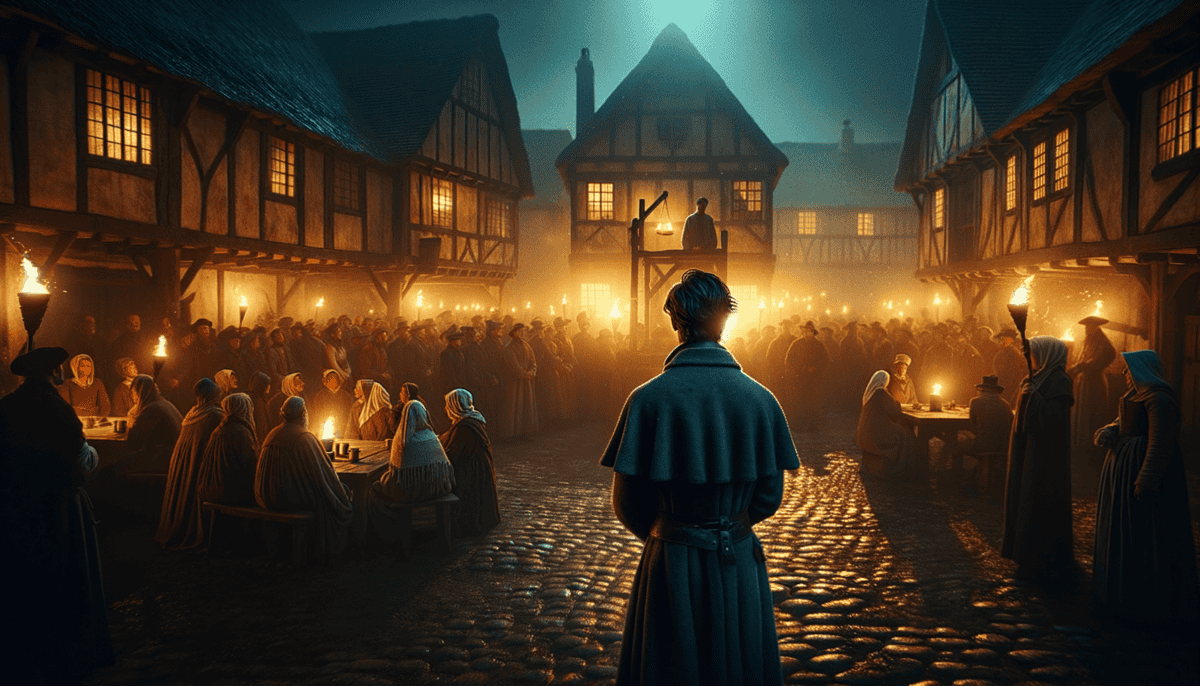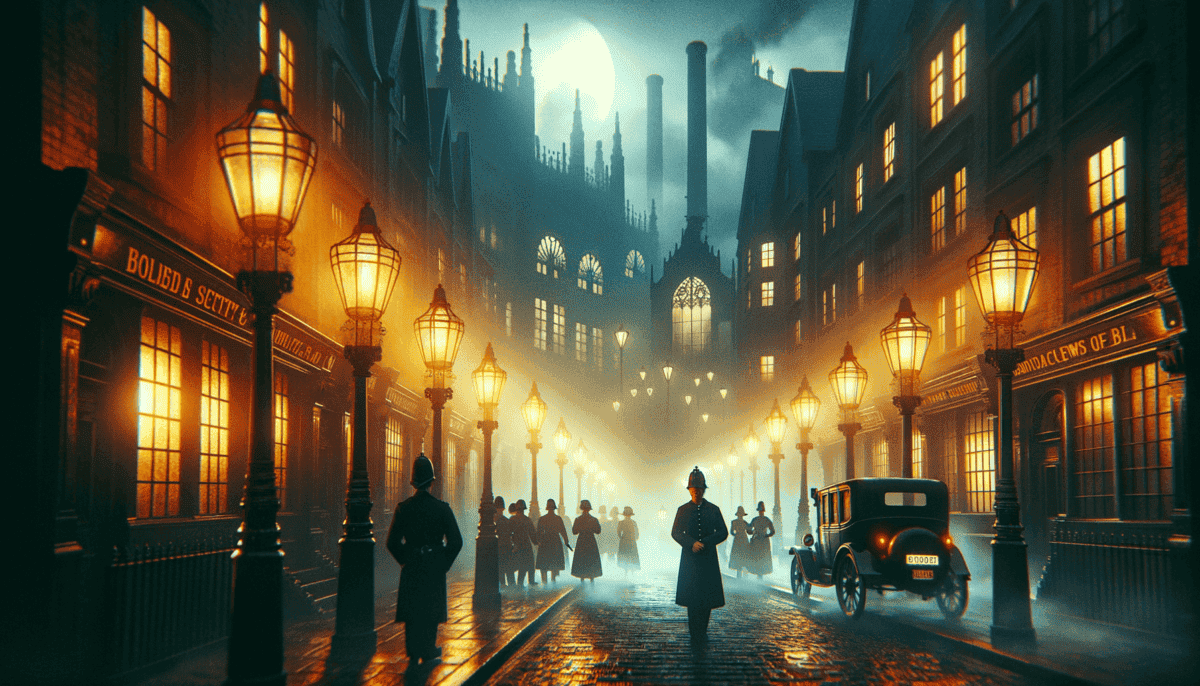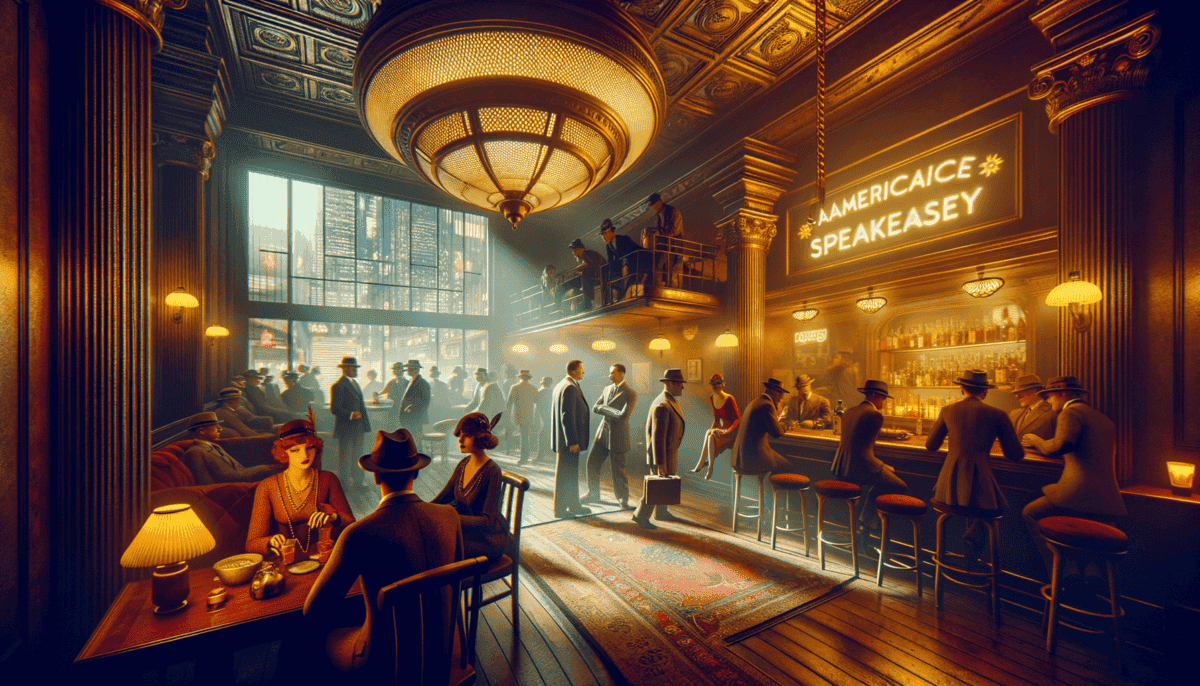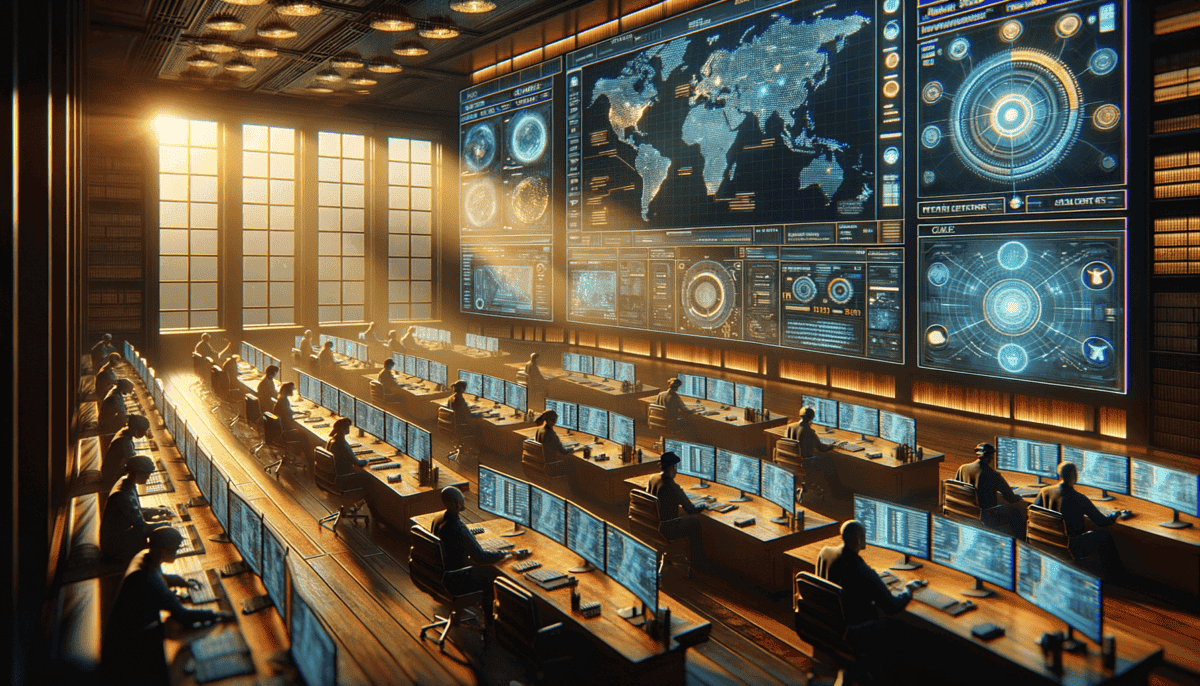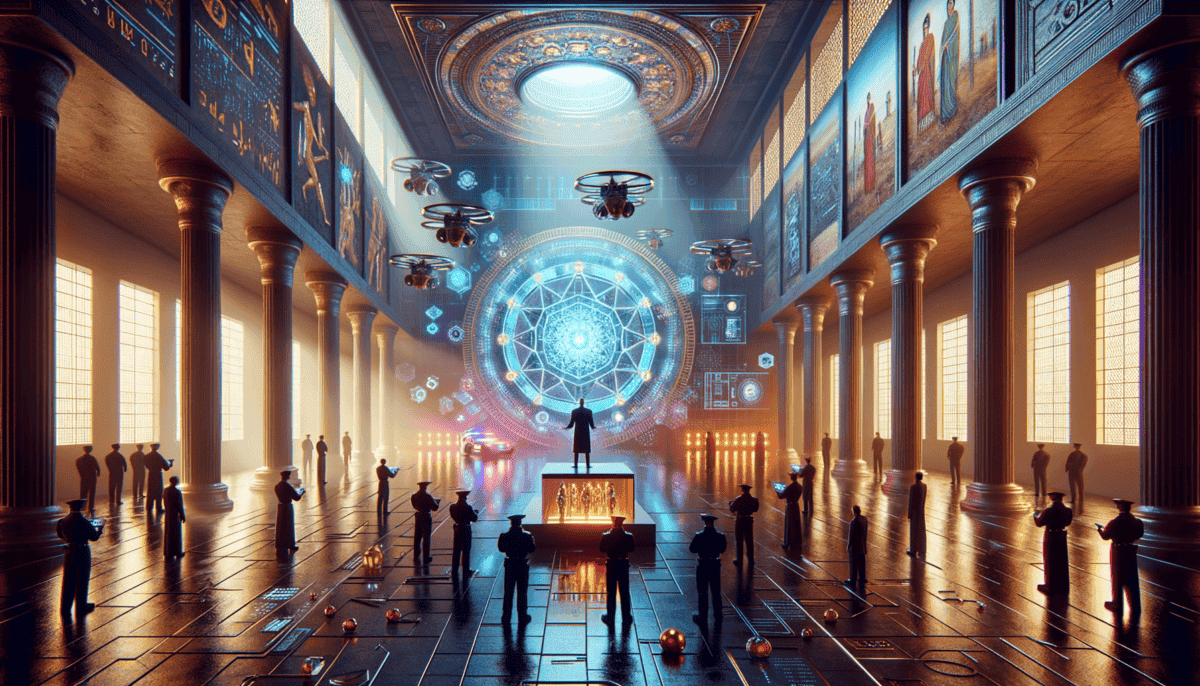The Ancient Code
The hot sun beat down on the dusty streets of ancient Babylon. A young boy named Akil watched as people gathered in the busy marketplace. Something big was happening today.
“Father, why is everyone so excited?” Akil tugged at his father’s sleeve.
“Today is special, my son. King Hammurabi is sharing his new rules for our city.”
Akil saw a tall stone pillar being rolled into the center of the marketplace. It was covered in tiny marks that looked like bird footprints. His father explained these were called “cuneiform” – the way people wrote things down back then.
“But why do we need rules?” Akil asked, scratching his head.
His father smiled. “Well, imagine if there were no rules during game time. What would happen?”
“Everyone would cheat!” Akil giggled.
“Exactly! Just like games need rules, people living together need rules too.”
The First Big Rule Book
The stone pillar was King Hammurabi’s special rule book. It had 282 rules that told people how to be good neighbors and what would happen if they broke the rules.
Some of Hammurabi’s most important rules were:
- Be honest when selling things
- Take good care of other people’s stuff
- Help your neighbors
- Tell the truth
Akil watched as people gathered around the stone. A man with a loud voice started reading the rules. Many people nodded their heads – these rules made sense!
“If we all follow these rules,” the loud man said, “our city will be happy and safe.”
A Special Job
That night, Akil couldn’t sleep. He was thinking about all the rules. His father came to tuck him in.
“Father, who makes sure people follow the rules?”
“There are special people called judges. They listen when people have problems and use the rules to help fix things.”
Akil sat up straight. “I want to be a judge when I grow up!”
His father laughed. “That’s a big job. You’ll need to study hard and learn all the rules.”
Learning Right from Wrong
The next day, Akil saw the rules in action. Two men were arguing about some wheat in the marketplace. They went to see a judge, who used Hammurabi’s rules to solve their problem.
As the sun set over Babylon, Akil thought about how the rules made everyone safer and happier. He decided to start learning the rules, one by one. Maybe someday, he really would become a judge! ⚖️
That night, as Akil drifted off to sleep, he dreamed of a world where everyone followed the rules and lived in peace. But little did he know, the way people thought about rules and punishment would change a lot over the next few thousand years…
Medieval Mysteries of Justice
The morning fog rolled through the narrow streets of a medieval town. Young Thomas watched from behind a wooden cart as people gathered in the town square. Something strange was about to happen. ️
“What’s going on?” Thomas whispered to his friend Mary.
“They’re having a trial,” Mary explained. “Old widow Green is accused of being a witch because her neighbor’s cow stopped giving milk.”
Strange Ways of Finding Truth
Thomas watched as the town’s officials led widow Green to a large barrel of water. This was called the “water test” – one of the weird ways people tried to prove if someone was guilty or innocent.
“If she floats, she’s a witch. If she sinks, she’s innocent,” someone in the crowd explained.
Thomas frowned. “But that doesn’t make any sense!” he said to Mary. “How can that tell if someone did something wrong?”
The Church’s Power
A tall man in long robes stepped forward. He was a priest, and in medieval times, the church helped make many of the rules.
“The Lord will show us the truth,” the priest announced.
Thomas noticed how different this was from the clear rules in ancient Babylon. Here, people believed God would help them find out who was guilty.
A Better Way
Just then, Thomas’s father, the town’s physician, pushed through the crowd.
“Wait!” he called out. “I’ve examined the cow. It’s not witchcraft – the poor animal just ate some bad grass!”
Changes Coming
That evening, Thomas sat with his father by the fire.
“Father, why do people believe in such silly tests?”
“People are scared of what they don’t understand, Thomas. But things are changing. In bigger cities, they’re starting to use something called ‘evidence’ to solve crimes.”
“Evidence? What’s that?”
“It’s like being a detective. Instead of using tests like floating in water, you look for clues and proof.”
New Ideas Spread
Thomas spent the next few days watching the town square. He noticed how people were starting to ask more questions before accusing others of crimes.
Some new ideas were spreading:
- Looking for real proof
- Listening to witnesses
- Writing down what happened
- Having fair trials
At night, Thomas wrote in his journal about everything he saw. He was watching history change right before his eyes. People were slowly learning that there were better ways to solve crimes than magical tests.
As Thomas blew out his candle, he wondered what other changes would come to make justice fairer. Little did he know, a big change was coming – something called “modern policing” that would change everything…
Bright Lights of a New Era
The gas lamps flickered to life on the foggy London streets. A young constable named Jack Bennett adjusted his new blue uniform, proud to be part of something big.
“Stand tall, Bennett!” called out Inspector Robert Morris. “You’re one of Sir Robert Peel’s new police officers now.”
A Fresh Start
Jack remembered the old days, when there were no real police. Towns only had night watchmen who would shout out the time and look for fires. Now, things were different.
“We’re here to prevent crime, not just catch bad guys after they do something wrong,” Inspector Morris explained to the new officers.
New Rules for New Police
Sir Robert Peel had made some important rules for his new police force:
- Be friendly and helpful to everyone
- Wear bright blue uniforms so people can find you
- Walk around neighborhoods to keep people safe
- No weapons except a wooden stick
Walking the Beat
Jack walked down his assigned street, or “beat.” People started calling the new officers “Bobbies” after Robert (Bobby) Peel. ♂️
“Good evening, Officer Bennett!” called Mrs. Brown from her bakery. “Nice to see you keeping us safe!”
New Ways to Catch Bad Guys
One day, Jack got to use some new crime-solving tools:
• A magnifying glass to look for clues
• Paper to write down what witnesses saw ✍️
• A new camera to take pictures of crime scenes
Solving Mysteries
When Mr. Wilson’s shop was robbed, Jack used his training to solve the case.
“Look here,” he said to Inspector Morris, pointing at footprints in the mud. “These marks tell us the robber had a limp.”
“Well done, Bennett! That’s using your head instead of just chasing after suspects!”
Changes Spread
News of London’s new police force spread to other cities. Soon, places like New York and Paris wanted their own police forces too.
As Jack walked home after his shift, he smiled. The streets felt safer now. People weren’t using silly tests anymore – they were using smart police work to solve crimes.
Looking up at the gas lamps, Jack wondered what other new tools would help catch criminals. Maybe someday they’d have even better ways to keep people safe…
Hidden Powers of the Underground
The streets of Chicago buzzed with excitement in 1920. Music played from speakeasies, and fancy cars zoomed by. But behind the fun, secrets moved in the shadows.
Tommy “The Scout” Martinez peeked through the window of his family’s small grocery store. Another shop down the street had just been visited by some tough-looking men in fancy suits.
A Different Kind of Rules
“Pay us, and we’ll protect your store,” the men would say. But Tommy knew better – these weren’t real police officers. They worked for Al Capone, the most famous gangster in Chicago.
“Times are tough, mijo,” Tommy’s papa told him. “Some people think breaking the law is okay if they don’t agree with it.”
Secret Places
Tommy knew about the hidden door in Mr. Peterson’s candy shop. Behind it was a secret room where grown-ups could get drinks that were against the law. These places were called speakeasies.
Cat and Mouse Games
Officer Sarah Kelly watched the streets carefully. She was one of the first lady police officers in Chicago. She saw how gangsters moved their secret drinks:
- In milk bottles and soda trucks
- Through underground tunnels
- On boats across the Great Lakes
- Hidden in regular-looking cars
Two Kinds of Heroes
“Some folks think these gangsters are heroes,” Officer Kelly told Tommy. “They see them giving money to poor people and building soup kitchens.”
Tommy remembered when Al Capone’s men had given out free turkeys last Thanksgiving. But he also remembered the scary sounds of fighting in the streets.
A City of Stories
Each neighborhood had its own tales:
• Little Italy had its secret codes
• Chinatown had hidden passages
• The Loop had fancy nightclubs
Changes Coming
Tommy watched as more police cars appeared on the streets. They had new tools like two-way radios and faster cars. The city was changing.
“Remember, Tommy,” his mama said, “even when things look exciting on the outside, breaking the law hurts everyone in the end.”
As Tommy helped sweep the store that evening, he wondered about the future. Would there always be people who tried to work around the law? And how would the good guys keep up with their tricks?
Digital Shadows and Cyber Sleuths
Detective Maya Chen stared at her computer screen, watching lines of code flash by. The world had changed a lot since the days of Al Capone. Now, bad guys didn’t need guns – they used keyboards instead!
Twelve-year-old Zack watched his mom work. Detective Chen was teaching him about internet safety at their kitchen table. “The internet is like a big playground,” she explained. “But we need to be careful who we talk to.”
The New Bank Robbers
“Remember how robbers used to break into banks?” Maya asked Zack. “Now they try to break into computers instead. We call them hackers.”
“It’s like they’re picking digital locks instead of real ones,” Zack said, his eyes wide with understanding.
Detective Chen’s Big Case
Maya’s computer beeped. Someone was trying to trick kids into sharing their parents’ credit card numbers through a fake gaming website!
She worked with a team of cyber police officers from different countries. Bad guys could hide anywhere in the world, but the good guys worked together too!
Digital Fingerprints
Just like regular criminals leave fingerprints, cyber criminals leave special clues:
- Special computer codes they use
- The times they work online
- The way they write messages
- The tools they use to hide
The Junior Cyber Detective
Zack helped his mom test websites to make sure they were safe for kids. He became known as the “Junior Cyber Detective” at his school.
• He taught friends about strong passwords
• He showed them how to spot fake websites
• He explained why sharing isn’t always caring online
The Big Catch
One day, Maya’s team caught a group of hackers who were trying to steal from people’s online piggy banks. The hackers thought they were clever, but they left digital footprints everywhere!
New Tools for New Times
Detective Chen showed Zack the special tools cyber police use:
“We have computers that can track bad guys across the internet,” she explained. “And special programs that protect people’s money and secrets.”
Growing Stronger Together
“The internet makes some things harder,” Maya told Zack as they finished their hot chocolate. “But it also helps good guys work together better than ever before!” ☕
That night, as Zack played his favorite online game, he felt proud knowing his mom and other cyber detectives were keeping the internet safe for everyone. But he wondered what new tricks the bad guys would try next, and how the good guys would stop them.
Tomorrow’s Guardians
Zack sat in his mom’s new police station, amazed by all the cool gadgets around him. The walls glowed with huge screens showing maps and data from around the world.
“Mom, what’s that?” Zack pointed to a small flying robot buzzing near the ceiling.
“That’s our new helper,” Detective Chen smiled. “It’s a police drone that can see in the dark and help find lost people!”
New Ways to Keep People Safe
Detective Chen showed Zack some amazing new tools:
- Smart cameras that can spot trouble before it happens
- Friendly robot helpers that answer emergency calls
- Special glasses that help police see hidden clues
- Computers that can tell when someone is lying
“Wow! It’s like something from a superhero movie!” Zack exclaimed.
Helping People Change
Maya took Zack to visit a special place where people who broke the law were learning to make better choices. It wasn’t like the old jails with just bars and guards.
“Look, they’re learning new jobs,” Maya pointed to a classroom where former bad guys were practicing on computers. “We want to help them become good neighbors.”
Working Together Around the World
Detective Chen’s computer screen lit up with faces of police officers from different countries. They were all working together to stop crime everywhere!
• Officers from Japan shared their ideas
• Friends from Brazil showed their methods
• Partners from Kenya taught new tricks
The Big Dream
That evening, Zack and Maya sat on their front porch, watching the sunset. “What do you think the future will be like, Mom?” Zack asked.
“I think it will be bright,” Maya smiled. “We’re learning that the best way to stop crime is to help people before they make bad choices. And with all our new tools and friends around the world, we can do that better than ever!”
A New Chapter Begins
As stars began twinkling in the sky, Zack thought about everything he had learned about crime and justice through history. From ancient laws carved in stone to modern computers that could catch bad guys, people had always tried to make the world safer and better. ⭐
“Maybe I’ll be a police officer too someday,” Zack said softly.
Maya hugged her son. “Whatever you choose to be, just remember – the best way to fight bad things is to do good things. That’s been true since the very beginning, and it always will be.”
Looking up at the stars, Zack smiled. He knew that somewhere out there, good people were working hard to make tomorrow better than today. And maybe, just maybe, he would help them do it.


